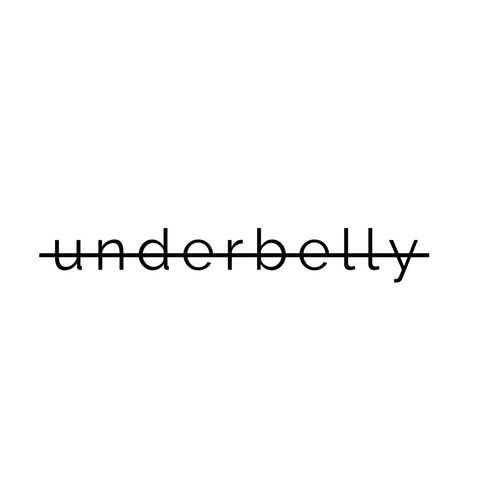Mary Oliver on revision
MARY OLIVER
Because I've been teaching, I've thought a lot about the writing process lately, trying to see what works or what is likely to work. One of the first things I do with students, for example, is ask them to write a schedule and to keep it for the length of time that they work with me. Because the process of writing is not fully understood—we don't know what part of ourselves we use to write, from what part of ourselves the writing comes—it's important to nourish whatever part of ourselves that is the writer, to let that part of ourselves know that the conscious self is a reliable partner to the act of writing a poem. So if you say, "Look, I want to do this, and I'll give it a good try from eight to nine A.M. five days a week," the shyer, less known part of ourselves hears this and says, "Okay, I'll be there."
*
If the conscious writer, the pretender to the poem, reliably comes and sits at the table, then the part of ourselves that is the writer—very humble, very shy—will also come there, to the table, willing and hopefully able to see through the writing of the poem. That's the reason for discipline. People are always saying, "You must have discipline," but they don't explain why. Indeed it is true, and I believe that's why it's true.
*
For many years, I worked with a schedule—although not a tight hour-to-hour schedule, because I wrote more than I did anything else. I worked every day. I worked in the morning, as I still do, because the morning hours are my more wakeful hours. But actually, after so many years of writing you become a verbal person, and so the schedule is less important. You have all those years behind you, and it's almost impossible not to begin to make poems, to verbalize one's experience and one's feelings.
*
There's a certain situation which I have set up in my work, and that is the question of gender. I've tried very hard in my writing not to speak from a specific gender. I've done that on purpose. There are perhaps four or five poems in which the speaker is defined as a woman—and no more than that—which is amazing.
And yet, many younger female critics, especially those who work with feminist precepts—they critique me from a feminist point of view, and I don't always have a lot of patience with it. I don't know the answer to this, and I guess you're fair game once you publish.
*
I never had any other notion than that the eye/I of the poem should be not the writer of the poem but the reader of the poem, and that was the point; it's not that I care whether I'm a male voice speaking or a female voice speaking—or anything on a this-world basis—it's that I believe very much and always have that readers want poems that will bring them news of their lives, not news of the poet's life.
*
I have a notebook with me all the time, and I begin scribbling a few words. I love the line of Flaubert about observing things very intensely, and I think our duty—a somber word—as writers begins not with our own feelings, but with the powers of observing, and so I may get some words which describe, though I don't know at the time where they're going to move from that. Many of my poems utilize such a format; I see something, later in the poem it strives to be emblematic, not just an instance.
Source: https://www.awpwriter.org/magazine_media/writers_chronicle_view/2370/an_interview_with_mary_oliver
